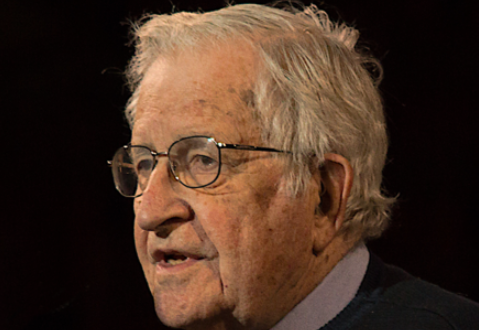This is a cross-post from Jacobinism
Before I get into describing the abysmal state of disrepair in which progressive thought currently languishes, I should start by pointing out that there never was a time when Leftist politics existed in a state of harmonious consensus. From the birth of the concept of left-right politics, when internecine quarrels amongst French republicans were settled beneath the blade of the guillotine, through to the bitter intra-socialist sectarianism of the Cold War, the Left have been a disputatious bunch, bickering over the narcissism of their various small differences.
The progressive movements of the early New Left were no different, encompassing a broad plurality of views, often at odds over ends and means. But there was, nevertheless, general agreement that the principal basis for civil rights activism and struggle lay in liberal, egalitarian, and universalist values. Relativist and separatist arguments were advanced by some, of course, but, until relatively recently, they lacked any meaningful currency. What galvanised activists were internalised Enlightenment-derived ideas of liberty, equality, and solidarity. For if people are fundamentally the same, irrespective of skin colour, gender, or sexuality, then on what basis can rights and protections be afforded to some groups or individuals and denied to others?
With the clarity of arguments like these, progressive politics in the West achieved much. Activism, and the emergence of a vibrant and aggressively liberal counter-culture, precipitated a change in societal and political attitudes, which in turn led to the passing of transformative legislation: voting and labour rights were won; segregation was abolished; reproductive rights were enshrined and expanded; discrimination in all sorts of areas was outlawed; hiring and employment practices were reformed; attitudes to everything from racism to domestic abuse evolved (and continue to do so), while sexual and creative permissiveness flourished. As taboos collapsed with stunning rapidity, conservatism and traditional social values were forced into retreat.
But then something interesting began to happen. Having fought for and (mostly) won parity under the law, progressive activism found itself faced with an existential dilemma. What was it now for? It was, after all, not simply a vehicle for social change; it was also a productive receptacle for anti-authoritarianism and a valuable crucible of radical thought. Where was all this energy to be directed next?
Do read the rest of Jamie’s post here


